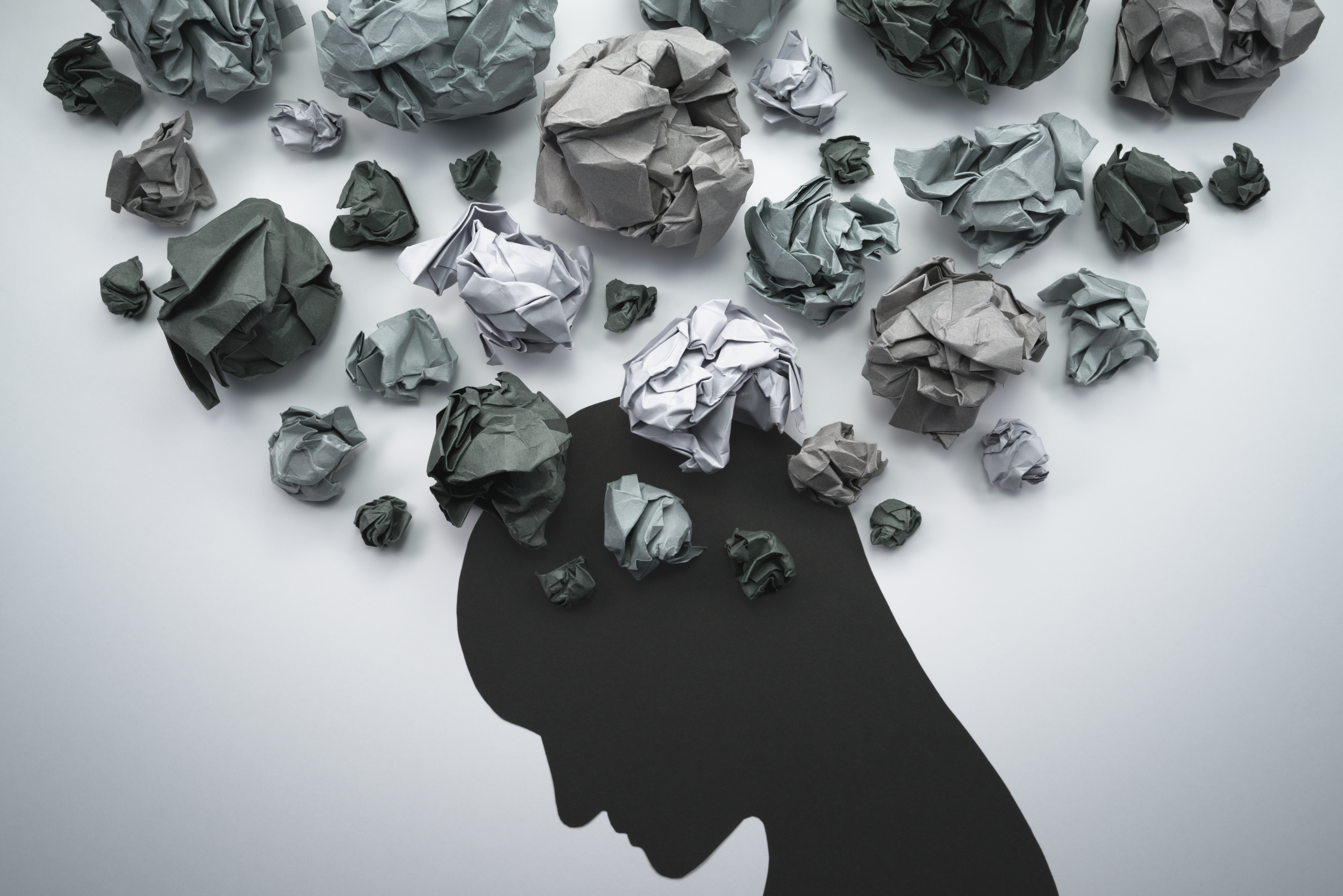Using Cannabis to Cope with Anxiety
The tools used to cope with anxiety is vary drastically. Some methods that work adequately for one person may be a disaster for another. The role of cannabis use to cope with anxiety has been disputed for quite some time, but many point to the effectiveness of its use, particularly in dealing with social anxiety disorder. The connection between marijuana and anxiety has gone through a number of iterations. But as the experts have grown more and more knowledgeable, research has begun to paint a much clearer picture.

As the most commonly used drug in the United States, cannabis has received its fair share of the spotlight. Nevertheless, studying the plant is not as simple as it may seem. The complexities of studying marijuana’s effect on mental health cannot be overstated. With more than 500 chemical substances in the plant, it makes studying the effects quite difficult. However, it is clear that the following factors impact its efficacy as an anti-anxiety medicine:
- Dose
- Strain
- Regimen
- Product
In addition to looking at the dynamic nature of cannabis, it is also important to think about the evolving nature of anxiety itself. People who have leaned on marijuana to treat their anxiety do so with caution and continual reevaluation. As the anxiety shifts, so will the methods used to treat it and this must be accounted for when looking at difference types of dosages, strains, etc.
It is important to note that while cannabis works wonders for some struggling with anxiety, it can exacerbate it in others. This difference has to do with the endocannabinoid system (ECS), which is the biological system that cannabis typically interacts with. There are a massive number of receptors throughout the body that interaction with cannabis has the potential for therapy. The ECS can help to regulate fear, stress responses, and anxiety since it has the capacity to regulate responses to stressful stimuli.
While the impact of cannabis on anxiety disorders is complex, THC and CBD seem to play the primary roles in stress and anxiety response. In lower doses, THC can decrease anxiety. In higher doses, however, THC can actually increase anxiety. CBD, on the other hand, looks to decrease anxiety regardless of dose sizes. Tolerance over time will also influence a person’s response to cannabis and anxiety. All in all, if a person with social anxiety disorder uses cannabis and finds it to be helpful, they will likely continue its use.
Safe use is of course the number one goal of leaning on cannabis to treat anxiety. CBD is the safest choice for someone new to marijuana and should be used moderately until a routine is established. THC can be extremely beneficial as well, but users should purchase from a dispensary and speak to a trained staff member. With the right guidance, cannabis can offer a natural solution to anxiety problems.
